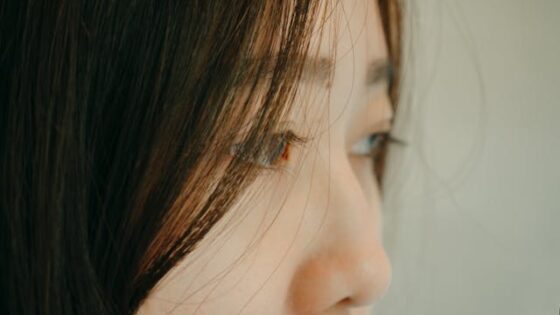Your rhinoplasty journey doesn’t end with the surgery itself—you’ll need to undergo a successful recovery period after your procedure. Your final surgical results strongly depending upon a successful recovery period to ensuring your incisions, tissues and bones heal correctly. Denver facial plastic surgeon, Dr. Jeffrey Schmidt creates a recovery plan for each patient and he will see you routinely at your follow-up appointments after the surgery, but ultimately, it’s up to you, the patient, to take care of yourself properly after your rhinoplasty. To help our patients prepare, we put together a handful of tips on how to prepare for your recovery period post-rhinoplasty.
1. Upright is Alright
Lucky for you, this first tip is so easy you can do it in your sleep: during the first week of your recovery, you will need to keep your head elevated at all times—even in bed. When you are lying down, gravity becomes a component allowing blood and other fluids to the head which may increase the risk of bruising and swelling. In addition, lying flat increases the possibility of rolling over onto your face while sleeping. To prevent this, Dr. Schmidt suggests sleeping in a recliner or using an incline pillow to sleep at a 30-45 degree angle for the first couple of weeks after surgery.
2. Take It Easy
What if you wake up the day after surgery and feel much better than you thought you would? Regardless of how good you feel, we highly recommend that patients respect their recovery time. Release and remain fairly inactive for the first 48 hours after surgery. This is a great time to catch up on sleep or enjoy a Netflix binge. For the remainder of the first week you can walk around, however, we recommend limiting physical activity. During your third week, you can begin light cardio or other exercises. Rhinoplasty patients should refrain from more physically exerting sports such as diving or skiing for 2 months and contact sports for 4 months post surgery. By jumping into rigorous activities way too early, you risk an increase in bleeding or injury to your healing nose.
3. Follow Your Post Operative Instructions!
Postoperative instructions are created to optimize your recovery and results. We can’t stress enough, you need to be vigilant about following all of Dr. Schmidt’s post-surgical instructions.
4. See Beyond Your Initial Recovery Time
Patients with prescription contacts and/or glasses are advised not to wear their glasses directly on their nose for the first six weeks after surgery. This includes sunglasses or other eyewear too! Wearing glasses will put pressure on the bridge of the nose, which will not only be incredibly sensitive, but will need to be treated delicately so that it can heal properly. Unnecessary weight or pressure on the nose may cause disfigurement during the healing process. If you do wear prescription glasses, you can suspend them by taping them up to the area between your eyebrows or wearing cheek pads.
5. Get Your Eight Glasses
Drinking an abundance of water is a great way to reduce any kind of bruising or swelling. You’ve probably heard about the tip of drinking eight glasses a day ad-nauseum, but in this case, hydration could be the key to optimizing your healing experience. Being well-hydrated allows your body to better “flush out” fluids and bruising from your body.
6. Cold as Ice
Ice packs are a great way to combat swelling; the cold temperature of the ice pack will cause the vasculature in your tissues to constrict, allowing for a reduction in swelling and bruising. Be warned—although an ice pack can feel nice and soothing, it’s highly recommended that you ice your nose in intervals of twenty minutes at a time for the first three days.
7. Avoid Specific Over-the-Counter Pills
Unfortunately, there are certain common substances and supplements that can affect how well your body heals. Over-the-counter drugs like Aleve, Excedrin, Aspirin, Pepto-Bismol, Midol, and more can act as a blood thinner, effectively making the bleeding worse. We also advise patients to stop taking supplements like Vitamin E, chamomile, and St. John’s Wort.
Prior to your surgery, Dr. Schmidt will provide a full list of medications and supplements to avoid in the weeks before and after surgery.
8. Keeping It Light
Although it is highly recommended that patients rest during their recovery period, we do encourage patients to do some light walking after the first few days. The gentle activity from the light walking will help with circulation, which in turn will help reduce bruising and the swelling. Light walking can also help prevent more serious complications like blood clots from occurring.
You won’t be going at it alone—Dr. Schmidt and our helpful, professional staff will be there to help you through your rhinoplasty recovery. To learn more about the rhinoplasty, schedule a consultation with Schmidt Facial Plastic Surgery.



